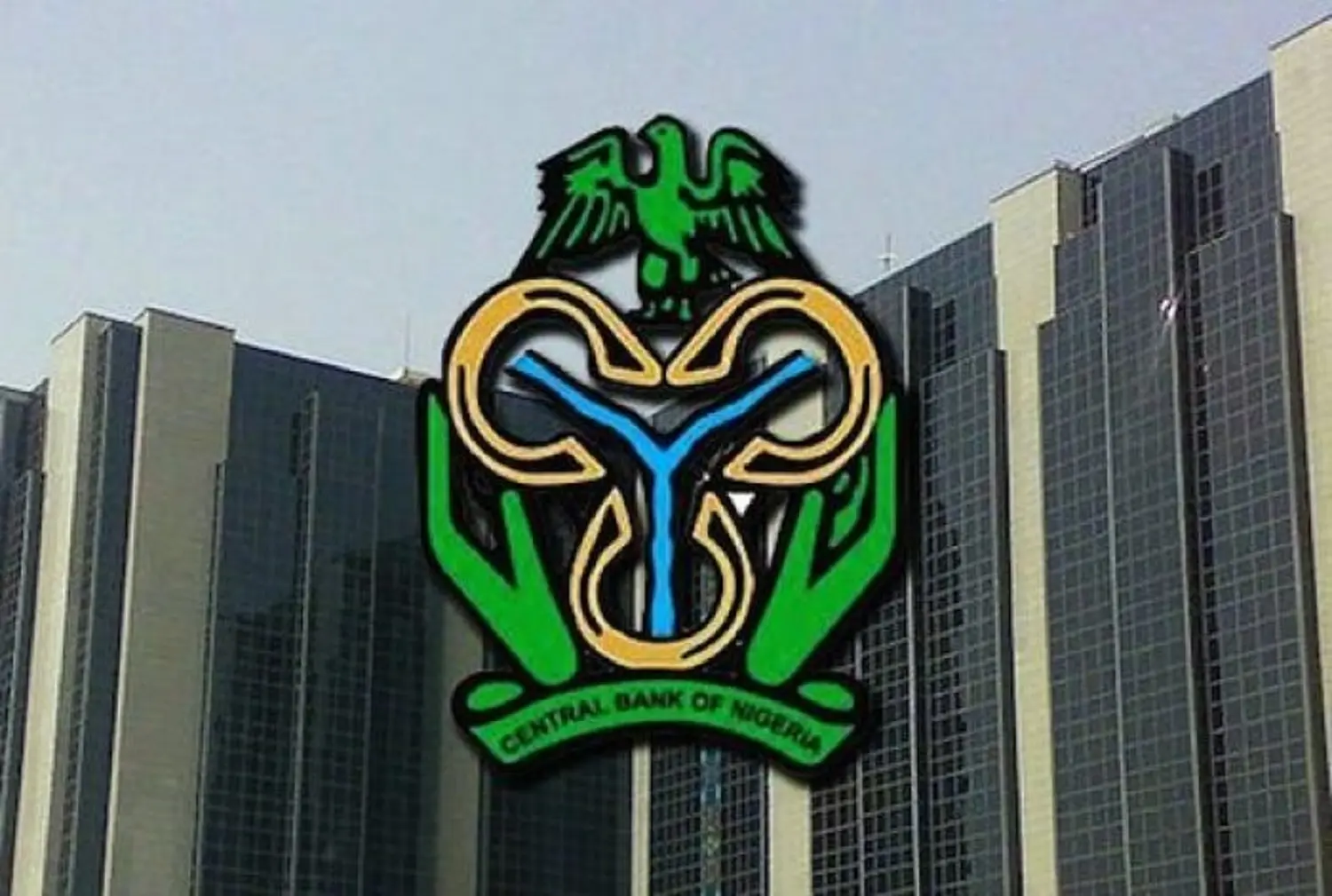The meeting of the Monetary Policy Committee of the Central Bank of Nigeria last week ended in line with the broad expectations of analysts: a jerk up of the interest rate and other contractionary monetary policies. The committee raised the Monetary Policy Rate, the rate at which the CBN lends money to banks, by a whopping four percentage points or 400 basis points to 22.75 per cent.
Additionally, the MPC raised the Cash Reserve Ratio to 45 per cent from 32.5 per cent. The CRR is the proportion of the deposits of banks that they must leave with the central bank and from which they cannot create credit to their customers. In other words, 45% of all deposits received by the banks will be frozen or sterilized and deposited with the CBN, and cannot be part of loans that the banks can give out under this dispensation.
It is important to discuss these and other measures that the committee took against the background of the macroeconomic dislocations currently being experienced in the country. Nigeria has been witnessing inflationary pressure and an exchange rate depreciation, both of which have led to general discontent in the country. Nigerians have been hit by a cost-of-living crisis as rising prices have taken food from their tables.
It was against this background that the MPC meeting, the first to be held since Yemi Cardoso, the CBN governor assumed office last year, took place. The first objective of the central bank was, therefore, to stabilize the macroeconomic framework, chiefly by fighting inflation and controlling the depreciation of the naira.
- War on Gaza: Israel kills Palestinians collecting aid
- Customs opens 90-day window for vehicle import duty regularisation
The meeting was also held shortly after a report by the International Monetary Fund, in which it acknowledged the government’s removal of fuel subsidies and flotation of the naira and their impacts on prices. However, the Fund recommended a sustained increase in the MPR until the real interest rate (the difference between interest rate and inflation rate) becomes positive.
These measures will doubtlessly put further pressure on the already high price level in the country. With the inflation rate at about a 28-year-high of 29.9%, there is no doubt that the hike in interest rate will compound the woes of the average Nigerian right now.
Putting the two measures of interest rate hike and CRR increase together, it is clear that credit from the banks will become more expensive. This will come from two forces: the higher interest rates at which the banks will lend to their customers (this will be the MPR +a certain margin) and the fact that the pool of funds available to the banks to lend to businesses and individuals has shrunk further. These two measures are at the heart of the fight against inflation or inflation targeting. It hinges on the assumption that by making credit more expensive and less easy to obtain, there would be less money to back demand for goods and services.
The defect in this is that it does not consider the fact that Nigeria’s inflation problem is more of a structural phenomenon than a monetary one. For instance, the policy fails to take into account the informal sector where most of the transactions are cash-based and are excluded from the monetary system. Here, they are not interested in the various electronic channels being introduced for transactions; their preferred means of transaction is cash, even in millions of naira.
The high cost of capital arising from these measures will be a disincentive to production in the economy. The increase of interest rate to 22.75%, no doubt, will raise the cost of production quite significantly as the price increases work their way through the entire economy. Therefore, we do not see how the government’s plan to lower the cost of goods and services, especially food, will still be realistic in the face of the coming cost-push pressure in the economy.
These policies are making activities more difficult for those who want to borrow to produce for export. Their cost of production will rise, which raises the question of how competitive they will be in the international market. Currently, the real interest rate is still negative and will require additional hikes in the MPR before it can turn positive. So will the increases continue?
Daily Trust applauds the various measures taken by the CBN to curb the mushrooming of Bureaux de Change operators in the country. These include raising their minimum capital base to N2 billion for Tier 1 license holders, and N500m for Tier 2 licence up, from N35 million for a general license. The bank has also cancelled the operating licenses of 4,173 of them for various infractions.
These steps signal the readiness of the central bank to get them firmly under its control, a fundamental requirement for their operation in the country’s financial system. This will check the era of recklessness in the foreign exchange market. These operators have contributed in no small measures to the crisis in Nigeria’s foreign exchange market, and this is a good time for the regulator to call them to order.
The central bank must continue to come up with measures to address the fall of the naira and high cost of living. But it must stop the increment in interest rates now.

 Join Daily Trust WhatsApp Community For Quick Access To News and Happenings Around You.
Join Daily Trust WhatsApp Community For Quick Access To News and Happenings Around You.

